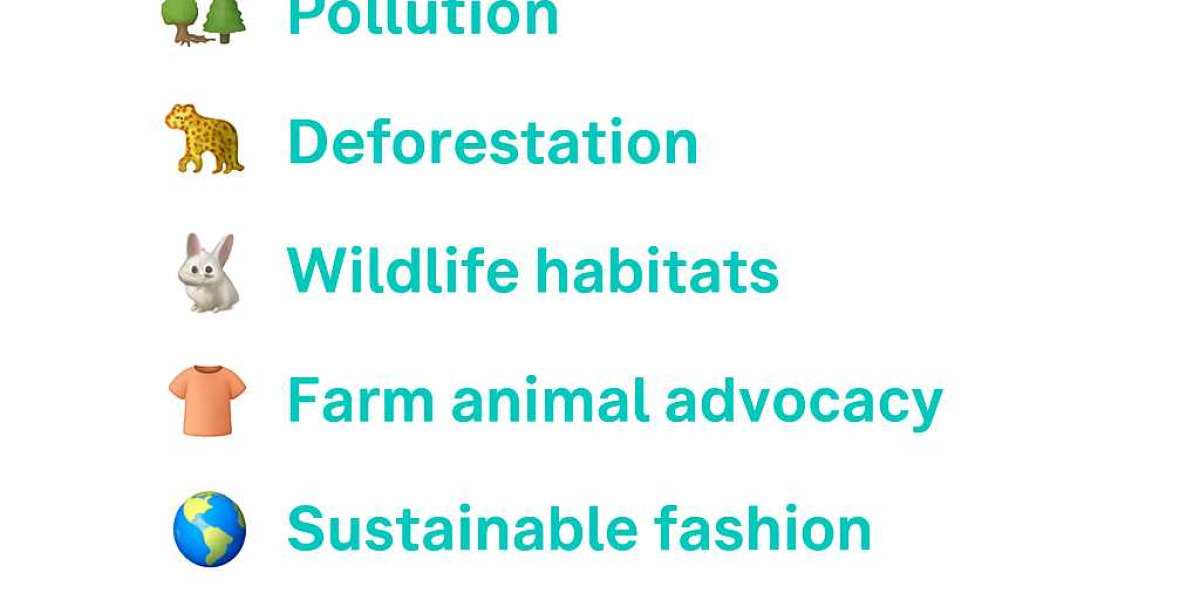A plant-based diet is gaining popularity across the globe, and for good reason. Focused on foods derived from plants—such as fruits, vegetables, whole grains, legumes, nuts, and seeds—this dietary choice offers a wide range of benefits for human health, the environment, and animal welfare. While some people go entirely vegan, others adopt a more flexible approach, reducing or eliminating animal products while emphasizing plant-based nutrition.
Whether for health, ethical, or environmental reasons, shifting toward a plant-based diet is a smart and sustainable choice that can make a big difference.
What is a Plant-Based Diet?
A plant-based diet emphasizes foods that come from plants, with little or no consumption of animal-derived products such as meat, dairy, or eggs. It is not a one-size-fits-all approach. Some people follow a fully vegan diet, while others may occasionally include animal products in small amounts.
The focus is on whole, minimally processed foods that are rich in nutrients, fiber, and antioxidants. Typical meals might include lentils, brown rice, leafy greens, chickpeas, berries, nuts, oats, and tofu—offering variety, flavor, and nourishment.
Health Benefits
Numerous scientific studies have shown that a plant-based diet can improve overall health and reduce the risk of chronic diseases. Here are some of the major health benefits:
- Heart Health
A plant-based diet is low in saturated fats and cholesterol and high in fiber and healthy plant compounds. It helps lower blood pressure and cholesterol levels, significantly reducing the risk of heart disease. - Weight Management
People on plant-based diets tend to have lower body mass indexes (BMIs) and are less likely to suffer from obesity. The high fiber content promotes fullness and reduces the likelihood of overeating. - Diabetes Prevention and Control
Whole plant foods help regulate blood sugar levels and improve insulin sensitivity. Studies have shown that plant-based diets can prevent and even help reverse type 2 diabetes. - Reduced Cancer Risk
A diet rich in fruits, vegetables, and legumes provides antioxidants and phytochemicals that protect against certain types of cancer, especially colon and breast cancer. - Improved Gut Health
Fiber-rich foods support a healthy gut microbiome, which plays a key role in digestion, immunity, and even mental well-being.
Environmental Impact
A plant-based diet is one of the most effective ways to reduce your environmental footprint. Animal agriculture is a major contributor to greenhouse gas emissions, deforestation, water pollution, and loss of biodiversity.
- Lower Carbon Footprint: Producing plant-based foods generally emits far less CO₂ than meat and dairy production.
- Water Conservation: It takes significantly less water to grow crops than to raise animals. For example, producing 1 kg of beef requires over 15,000 liters of water.
- Land Use: Plant farming uses less land, which helps preserve natural habitats and wildlife.
By choosing plant-based foods, individuals help combat climate change, conserve resources, and protect ecosystems.
Ethical Considerations
For many, a plant-based lifestyle is also an ethical decision. Industrial farming often involves cruelty, overcrowding, and inhumane treatment of animals. Reducing or eliminating animal products supports animal welfare and promotes a more compassionate world.
Tips for Starting a Plant-Based Diet
- Start Slow: Begin with “Meatless Mondays” or one plant-based meal a day.
- Explore New Recipes: Try dishes from different cultures that are naturally plant-based, like Indian lentil curry or Mediterranean hummus wraps.
- Plan Balanced Meals: Ensure you're getting enough protein, iron, calcium, and vitamin B12 (consider supplements if fully vegan).
- Read Labels: Choose whole foods over highly processed plant-based alternatives.
Conclusion
A plant-based diet is more than just a food trend—it's a lifestyle that supports health, protects the environment, and promotes kindness toward animals. Whether you go fully vegan or simply start by reducing meat and dairy, every step toward a plant-based diet contributes to a healthier, more sustainable future. It's a choice that benefits not only the individual but the planet as a whole.




